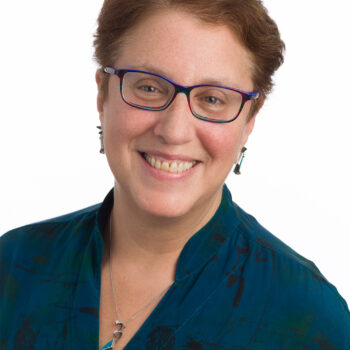
Marilyn Sneiderman
Marilyn Sneiderman directs the Center for Innovation in Worker Organization at Rutgers’ School of Management and Labor Relations, bringing with her 30 years of experience in labor, community, faith based, immigrant and racial justice organizing, as well as extensive experience in managing large staffs and managing intensive organizational change work.
For 10 years, Sneiderman directed the National AFL-CIO’s Department of Field Mobilization, where she helped launch the national “Union Cities” initiative. The campaign focused on increasing the capacity to support and win organizing, political and policy campaigns in states and cities throughout the country. Working with the AFL-CIO’s International Unions, State Federations, and Central Labor Councils, the program was designed to unite community, union, religious, and civil/immigrant rights groups to build local movements to fight for social and economic justice in states and cities.
Sneiderman most recently served as Executive Director of AVODAH, a national Jewish social justice organization where she expanded the scope, impact and budget of the organization. Prior to her work at the AFL-CIO, she served as education director at the Teamsters International Union and on the senior faculty of the George Meany Center for Labor Studies, where she focused on leadership training, civil and women’s rights, and labor/community organizing. She also served on the faculty at Georgetown Law School and was the community organizer at AFSCME.
Sneiderman has consulted with a number of national unions on organizer training, organizational development, leadership and management, and in executive coaching. Sneiderman edited Organizing Guide for Local Unions and Numbers that Count, which introduced the “organizing model of unionism.” She also co-authored Labor in the Pulpits with Kim Bobo. She started her work in the labor movement as an AFSCME shop steward, local officer and delegate to her labor council in Madison, Wisconsin.
Sneiderman has a master’s degree from the University of Wisconsin. She serves on the boards of the Leadership Conference on Civil Rights Education Fund and Interfaith Worker Justice. In 2000 she was named one of the 25 most influential working mothers in the United States by Working Mother magazine.